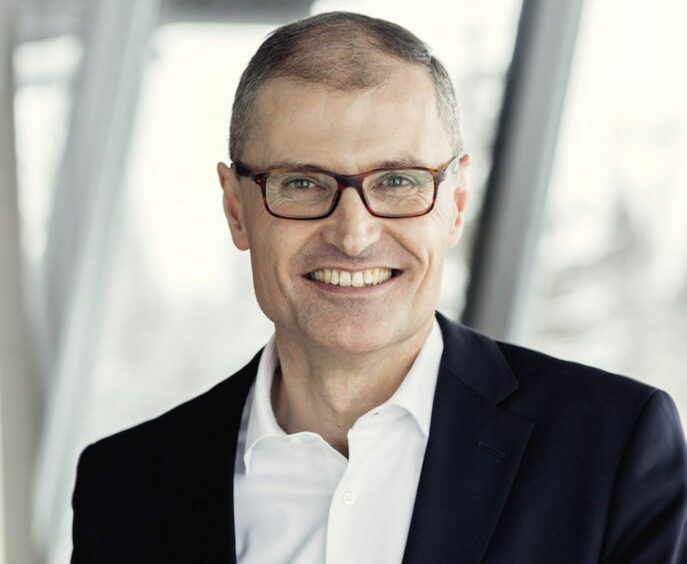
Concerns surrounding energy security have been found to be higher on the list of priorities than clean and affordable energy for firms globally.
DNV’s 13th annual Energy Industry Insights research analysed the opinions of more than 1,300 people in the energy sector, based on a timely survey conducted between December 2022 and January 2023.
“Energy security will take centre stage for oil & gas and power sectors in the year ahead,” the researchers write.
High commodity prices and a year of record profits saw a majority of oil and gas executives predicting a year of acceptable profits in 2022, only 39% feel the same for 2023.
More than half of oil and gas respondents said that their organisation will increase gas production by eight percentage points year-on-year as a result of this.
Oil is also expected to have an uptick in production with 43% of oil and gas professionals saying that their company will see 9% year-on-year increases in the extraction of the fossil fuel.
The doubling down on oil and gas is showing that companies are slowing their shift into areas outside of core hydrocarbon businesses and holding back their focus on decarbonization compared to 2022, DNV reports.
Renewables
Renewables firms will continue focussing on producing green energy while industrial consumers look for cheaper power.
Less than half of those working in the energy sector are confident that decarbonisation targets will be met with 39% saying they are not confident.
Three-quarters of the energy industry says that supply chain issues are slowing down the transition, while 44% expect a significant improvement in the availability of goods in 2023.
Only 17% of respondents said that they believe the transition will deliver secure clean and affordable energy to their country in the next 10 years.
Another 41% said that this can be achieved in the next 10 to 20 years and the final 32% of those surveyed said that the energy transition will not be realized until well into the 2040s.
However, despite this pessimism regarding reaching targets the energy transition is the greatest driver of confidence among energy professionals for the year ahead, and a majority believe the energy transition is accelerating.
There is still optimism for energy transition, 80% of those working in renewables believe energy security concerns will lead to increased investment in renewables while a further 61% of professionals across the global energy industry say their company can become more profitable by improving sustainability.
Conclusions
Ditlev Engel, chief executive of energy systems at DNV, said: “The energy trilemma is in focus in 2023 as the energy system struggles on all three aspects.
“Russia’s invasion of Ukraine has reminded the world how fragile energy security can be; coal plants are being fired up while renewables projects come under pressure; and energy consumers are being pressed on the cost of energy.
“The trilemma is also in transition. In a complex and difficult year for the energy industry, we see the trilemma leading to competing priorities.
“But in a decarbonized energy system, energy sustainability, affordability, and security actually all pull in the same direction, and the public and private sector can resolve the trilemma through a new approach to scaling and implementation.”
DNV says its research finds signs that barriers could slow the pace of the energy transition in the year ahead, but momentum is building to break these barriers as societies increasingly feel the effects of climate and energy crises, and as bottle-necks become more acute in holding back progress.
Recommended for you

 © Supplied by DNV
© Supplied by DNV